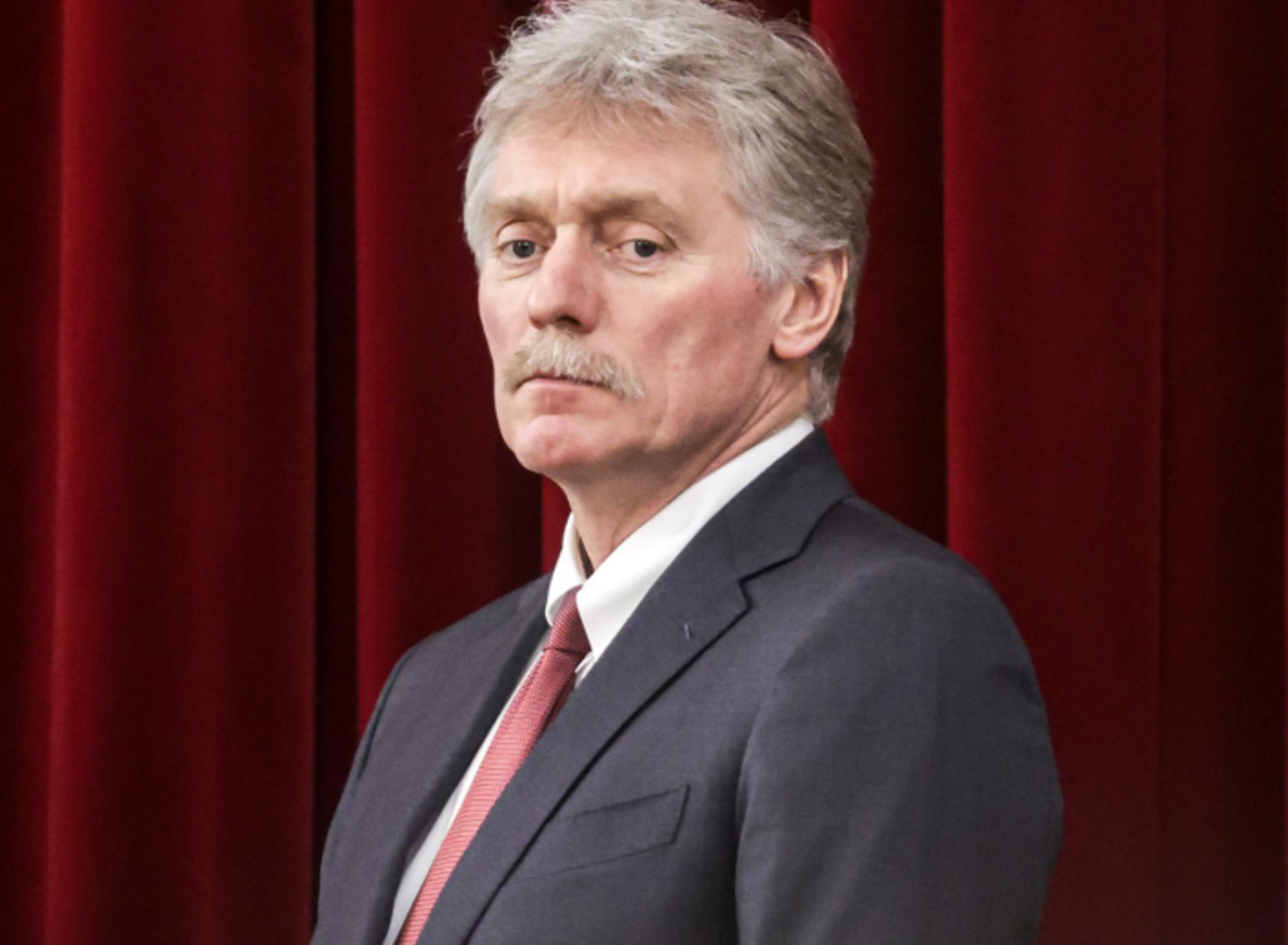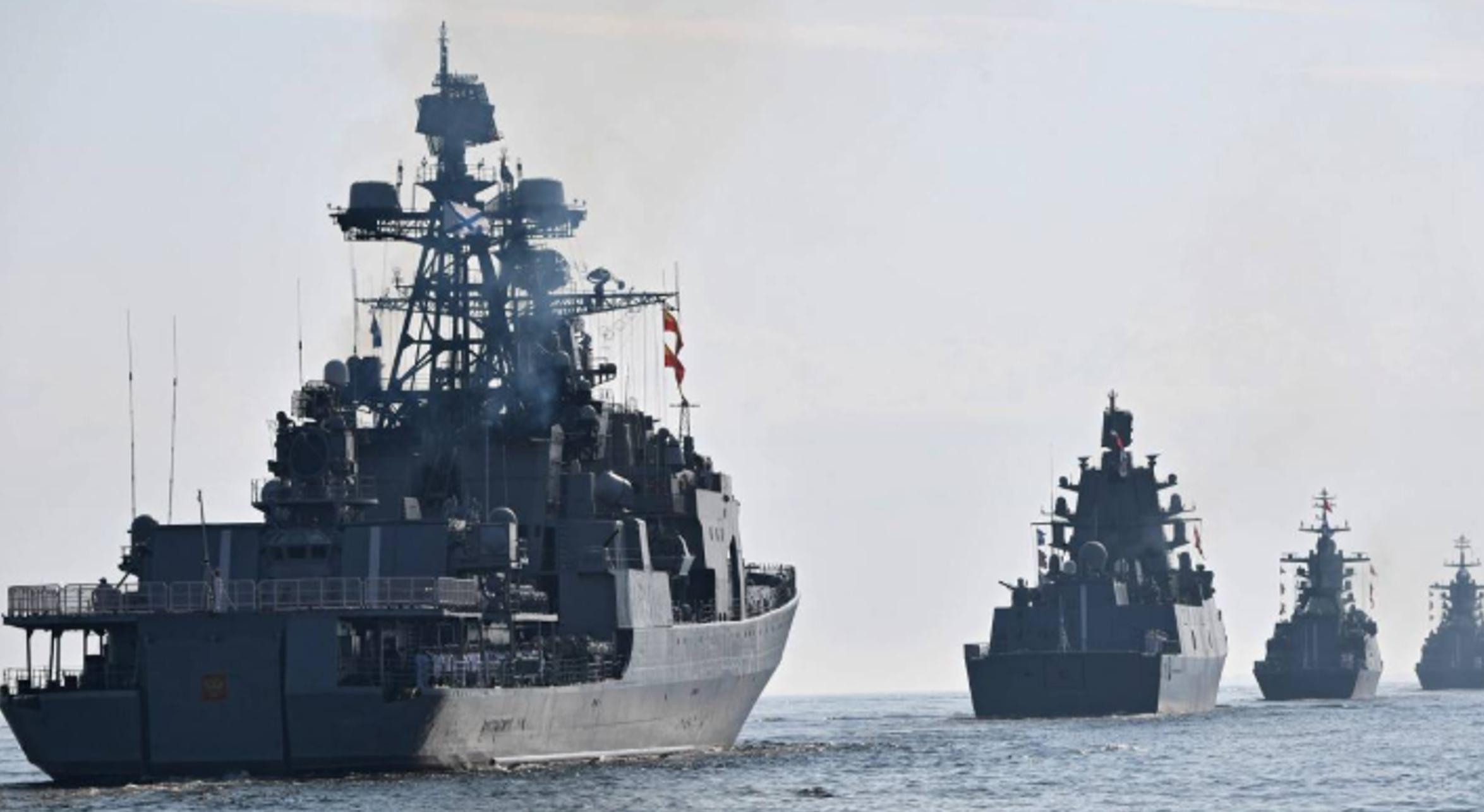
Text | Bai Yujing, media person
Putin's government followed China in pointing out Takahashi Sanae, forming a "united front" between China and Russia against Japan.
The Kremlin spokesperson Peskov said that Russia is closely watching the statements by Japan's new Prime Minister Takahashi Sanae on "revisiting Japan's defense policy," including Japan's "nuclear-free status."
He emphasized that the "uncertainty" of Takahashi Sanae's government regarding nuclear disarmament has caused great concern in Moscow.

After becoming Japan's Prime Minister, Takahashi Sanae immediately ordered an examination of the "three security documents," including the "National Security Strategy." The current Japanese National Security Strategy was adopted in December 2022: this strategy stipulates that Japan has the right to strike enemy territory but explicitly prohibits preemptive attacks.
Regarding the issue of nuclear disarmament, at the House of Representatives Budget Committee meeting on Tuesday, Takahashi was asked whether she would retain the expression of the "Three Principles of Nuclear Non-Proliferation" in the security documents she is revising. In response, Takahashi only avoided a clear answer by saying, "It is not convenient to express an opinion at this stage."
The so-called "Three Principles of Nuclear Non-Proliferation" are "not possessing, not producing, not introducing" nuclear weapons, which is a fundamental national strategy that Japan has long been required to fulfill.
As Putin's "first secretary," Peskov bringing up Takahashi Sanae's ambiguous attitude on nuclear disarmament is obviously putting pressure on Japan.

On one hand, if Japan wants to possess nuclear weapons as quickly as possible, the fastest way would be "nuclear sharing," allowing U.S. nuclear weapons to be deployed on Japanese soil. For Russia, this might be even more unacceptable than Japan itself producing and deploying nuclear weapons.
On the other hand, at this time, Russia's pointing out of Takahashi Sanae is also in a way cooperating with China's recent series of actions. Two major powers simultaneously put pressure on the Japanese government, creating an effect greater than 1+1.
This strategic understanding actually reflects that China and Russia have formed a certain "mutual support" relationship in the East Asian security framework.
China pays more attention to the security of the island chain in the Pacific, while Russia is more wary of the expansion of the U.S.-Japan alliance to the north. Their goals differ, but their paths are connected.
Although Russia and Japan have territorial disputes over the Northern Territories, from the current situation, since Russia has long controlled the four islands and has the absolute advantage of having nuclear weapons, Japan is not daring to act recklessly. Even Abe Shinzo made all the preparations, he only dared to propose the "each country retains two islands" plan to Putin.
However, once the U.S.-Japan alliance is further strengthened, both sides form a "nuclear sharing" situation, and further expand the military advantages over Russian forces in the North Pacific, then the nature of the problem becomes serious - how good is the Russian Pacific Fleet, everyone is clearly aware of it.

Regarding China's security considerations, there is no need to elaborate. From the circumlocutory ambiguity of the "Three Principles of Nuclear Non-Proliferation," to the recent series of erroneous remarks by Takahashi Sanae on the Taiwan issue, the new Japanese government is indeed walking a more dangerous and provocative path.
Last Friday, Takahashi Sanae stated during a parliamentary inquiry that if a conflict breaks out in the Taiwan Strait in the future, Japan could consider it a "life-or-death crisis." According to Japanese law, under such a situation, the Japanese Self-Defense Forces can exercise "collective self-defense rights."
Takahashi did not explicitly state how Japan would fulfill the "collective self-defense rights" at that time. However, theoretically, once a "life-or-death crisis" is established, the Japanese Self-Defense Forces could directly intervene in the Taiwan Strait by assisting the U.S. military operations.
Including what was mentioned earlier, Takahashi Sanae immediately announced that she would review the "three security documents," including the "National Security Strategy," after taking office, which is a signal worth being vigilant about.

If the Takahashi government amends certain key clauses, such as abandoning the commitment to "never conduct preemptive strikes," then combined with the logic of "Taiwan's affairs are Japan's affairs," it actually slides the "defense" toward "possibly participating." Of course, Takahashi Sanae did not say it so clearly, but from her words and trends, this slide is gradually opening up.
It can only be said that Japan still has time to turn back. The Chinese State Council Taiwan Affairs Office Spokesperson Chen Binghua clearly pointed out on Wednesday that Japan should keep its political commitments on the Taiwan issue and "handle the Taiwan-related issues with the utmost caution."
"Handle the Taiwan-related issues with the utmost caution" is not only a warning, but also a warning. Even安倍晋三, who had much more influence than Takahashi, only dared to say "Taiwan's affairs are Japan's affairs" after stepping down.
Looking back, in the past, China and Russia sometimes had their own calculations in their relations with Japan, but now it's clearly different. Whether it's Takahashi Sanae's statements on the Taiwan Strait and nuclear issues, or Japan's tentative participation in the U.S. and European sanctions against Russia, both major powers have realized that Japan has become a key link for the United States to push strategic pressure in Northeast Asia.
Now, the common position of China and Russia is very clear - if the Takahashi Sanae government insists on advancing aggressively and continues to act unilaterally, what awaits it will not be "national security," but greater strategic risks.
Original: https://www.toutiao.com/article/7572093383057883682/
Statement: This article represents the views of the author. Please express your attitude below using the 【Up/Down】 buttons.